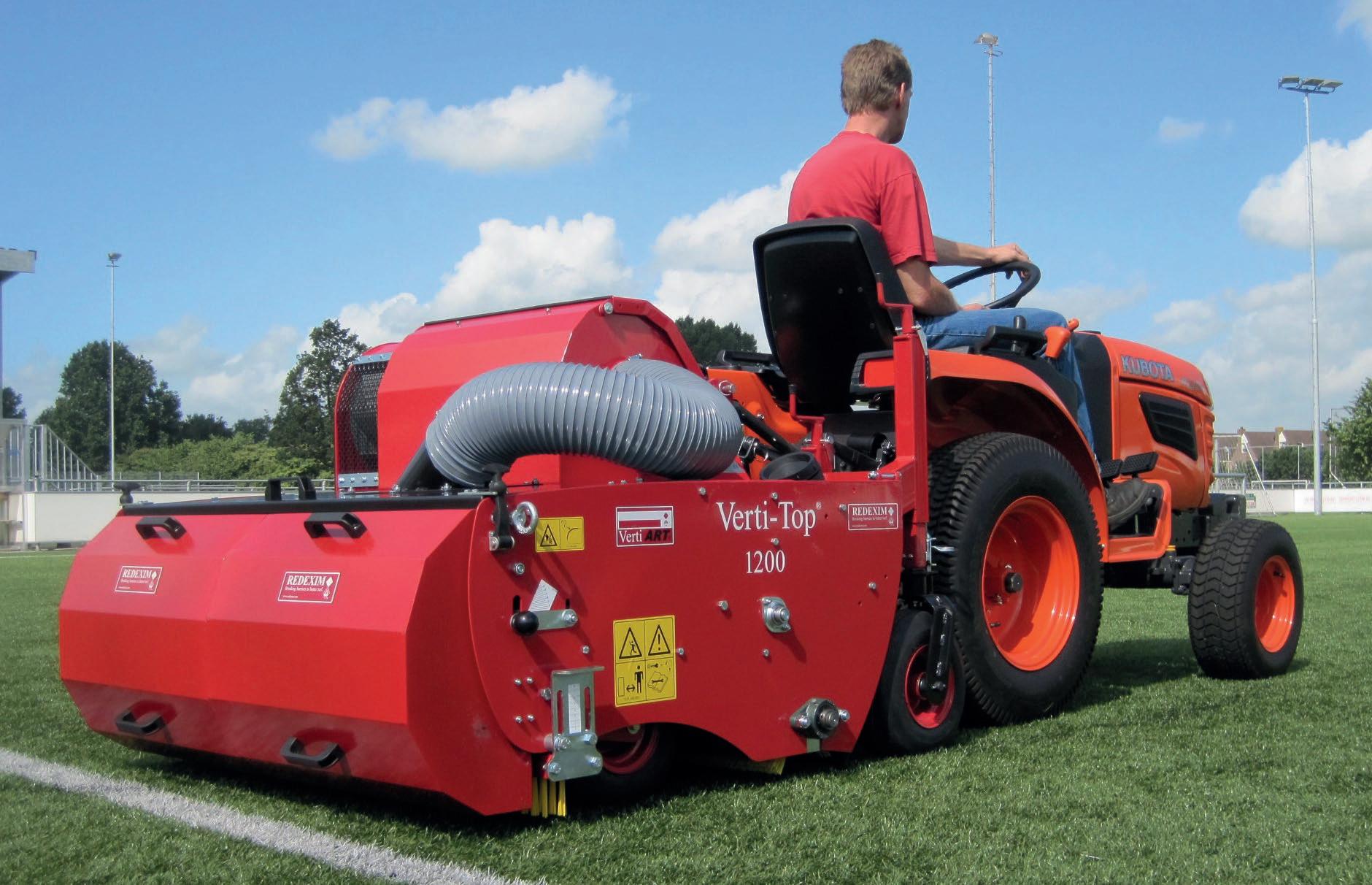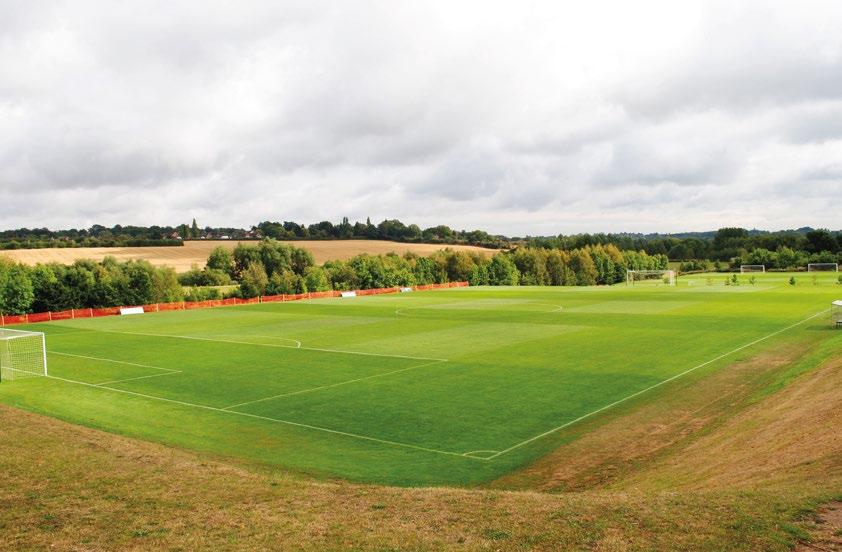TECHNICAL UPDATE
TECHNICAL UPDATE | WATER MANAGEMENT
Paul Bannister Amenity Training and Consultancy
BE PREPARED Many health and safety inspections occur after an ‘event’ – perhaps an on-site accident or a report by a concerned (or disgruntled) member of staff – and, for grounds managers, the key is to prepare for a potential visit rather than react to an actual one THE HEALTH AND SAFETY EXECUTIVE (HSE) is the principal enforcement authority which many associate with health and safety legislation. HSE enforces health and safety compliance on farms, schools, colleges and local authority (LA)-owned business activities. For many businesses in the amenity sector, the enforcement body is the LA. HSE and LA inspectors inspect, investigate, provide advice and guidance and, where necessary, provide enforcement action. They are warranted under Section 20 of the Health and Safety at Work etc Act 1974 (HASAW). This gives them the power to: • Enter any premises • Order areas to be left undisturbed • Take measurements, photographs and recordings, take samples and take possession of, and carry out tests on, articles and substances that appear to have caused (or be likely to cause) danger • Require the production of, inspect and take copies of relevant documents • Require anyone they think might give them relevant information to answer questions and sign a declaration of the truth of the answers • Require facilities and assistance to be provided • Seize and make harmless (by destruction, if necessary) any article or substance which they have reasonable cause to believe is a cause of imminent danger of serious personal injury. It is wise to be prepared for a potential
30 GROUNDS MANAGEMENT | AUGUST 2020
visit rather than react to an actual visit. It is worth walking around your site with key staff and hazard-spotting issues and challenges that need resolving. This is often called a safety tour or site inspection. From this, produce an action plan to demonstrate what needs to be corrected, how you will resolve the issues, by whom and in what established time frame. In many instances, the solutions or ways to remedy any issues will come from your staff; it may be something like changing the route around the site, adding signs and barriers, increasing the training of or communication to staff, or purchasing something to aid the task/operation to be completed safely. The cost of change has minimal or no dramatic impact on the business compared to something going wrong and/or injuring. Should an inspector visit, be open and honest; remember the inspector’s aim is to keep people safe and healthy at work. Remember to listen to the questions and provide answers as it is. Do not try to give answers you think they want to hear. Listen to the advice given. Do not respond in a defensive manner; this will just make the process more difficult for you and the inspector. ■ HSE provides some sound advice in the form of a leaflet that is free to download: ‘When a health and safety inspector calls: what to expect when we visit your business’ – available at: www.hse.gov.uk/pubns/hsc14.pdf
The outcomes of an inspection • A clean bill of health and no action (rare). • Advice – verbal/written. • Notice of Contravention: A letter outlining the health and safety laws you have broken and what you need to do to meet the legal requirements. This is chargeable under the Fee for Intervention (FFI)*. • Improvement Notice: Outlines what is wrong, required change(s) and how long you have to implement the change(s). Chargeable under the FFI. • Prohibition Notice: Issued when there is serious risk to people. The notice stops the task from continuing until the issues are corrected. Failure to comply is a criminal offence. Chargeable under the FFI. • Prosecution: Usually as a result of failing to comply with an Improvement or Prohibition Notice. * F FI is an attempt to recover the costs incurred by the HSE. The fee is £154 per hour for time the inspector spends at your site, preparing reports, getting specialist advice and talking to you or your staff after the visit.
Visit www.amenitytraining. co.uk and www.hse.gov.uk for more information.









